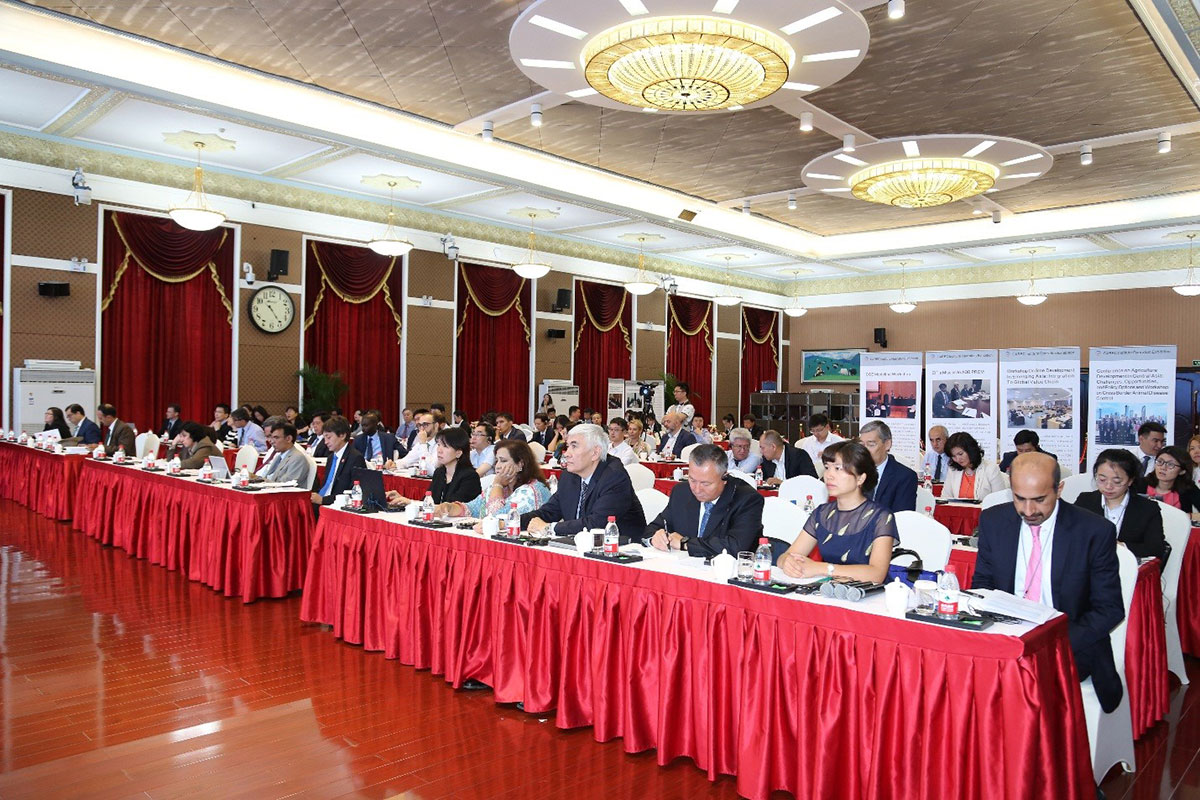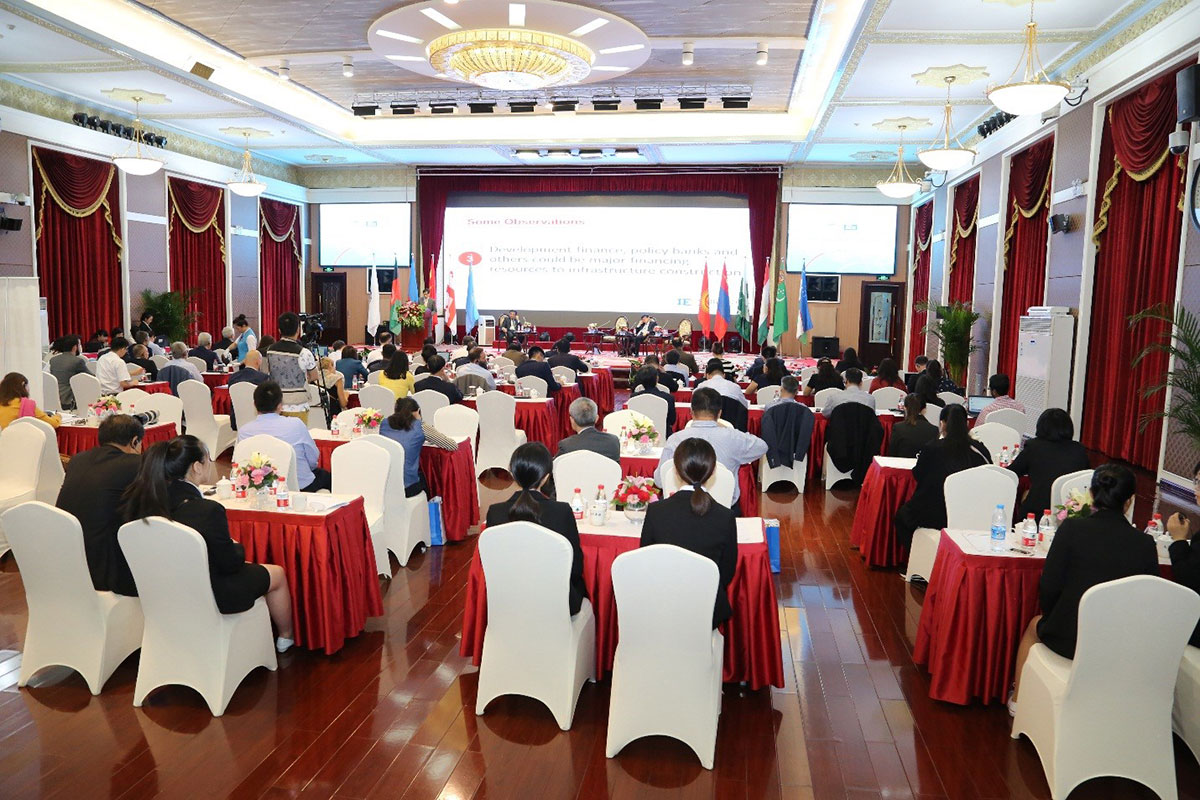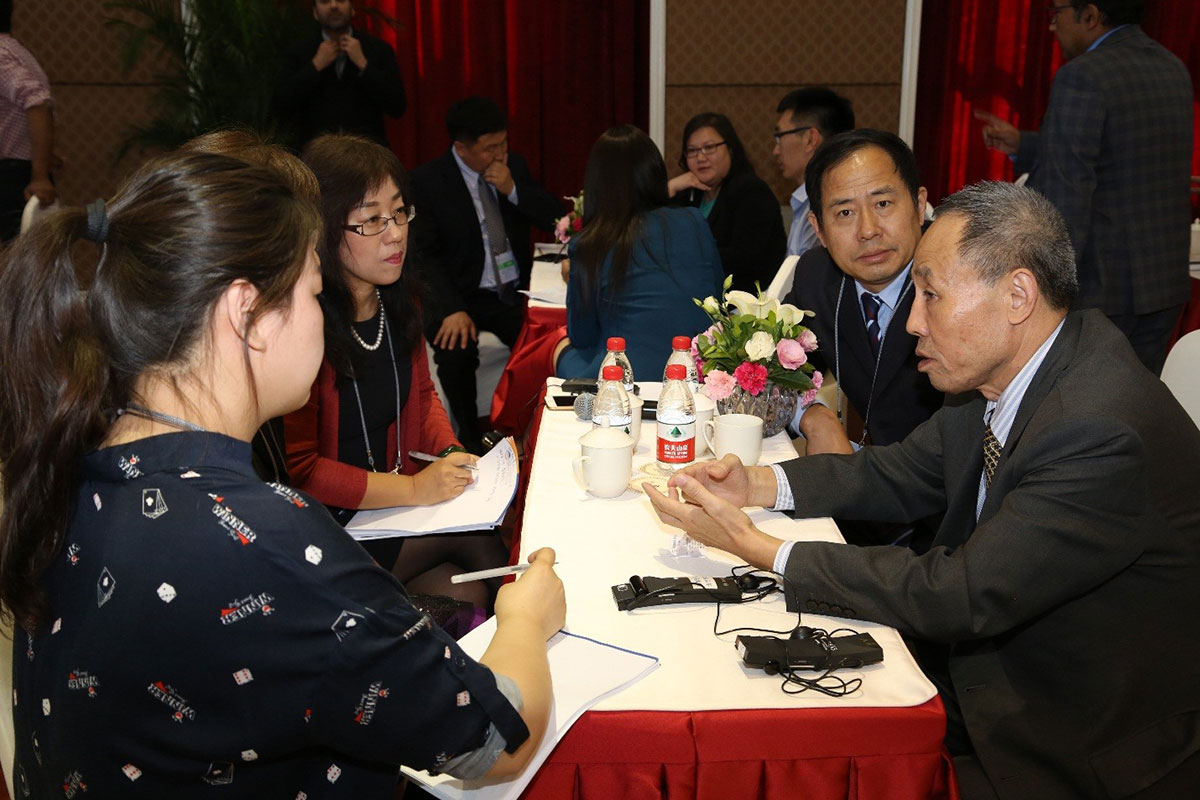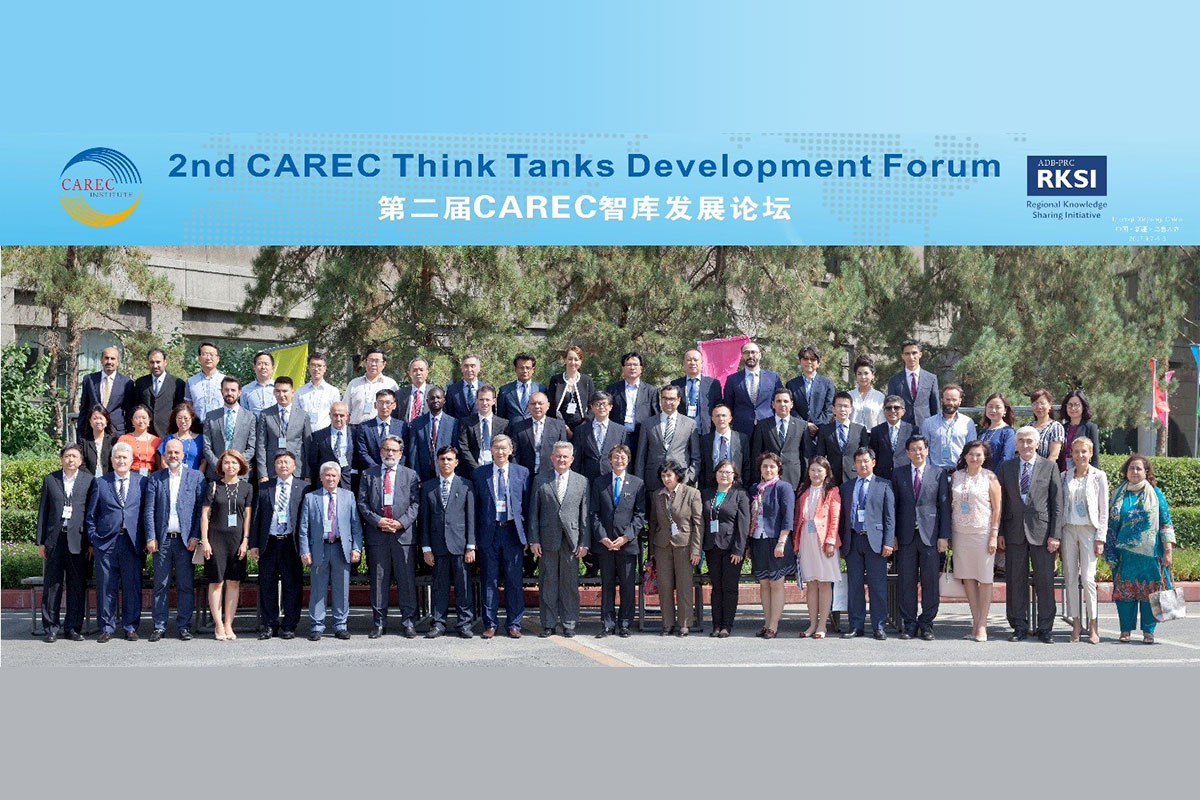| 0900 – 0930 | Registration |
| Session III: Exploring Avenues for Cooperation in Infrastructure and Trade in the Region |
| 0930 – 1050 | Sustainable Infrastructure Development and Financing Options in CAREC Region
Speaker:
Mr. Naoyuki Yoshino, Dean ADB Institute (video presentation)
Discussant I:
Mr. Qiangwu Zhou, Director General, International Economics and Finance Institute, the PRC
Discussant II:
Mr. Shinichi Nakabayashi, Asian Development Bank Institute (ADBI), Japan
Q&A Session |
| 1050 – 1140 | Xinjiang Autonomous Region: At the Crossroads of Regional Economic Cooperation
Moderator:
Mr. Qiangwu Zhou, Director General, International Economics and Finance Institute, the PRC
Heads of respective departments from Xinjiang will make speeches/presentations (ten minutes each)
Development and Reform Commission: Building Silk Road Economic Belt and Sharing the fruits of Development
Customs: The Belt and Road Initiative: Seizing the opportunity for building core of the Silk Road Economic Belt
The People’s Bank of China: Reflections on Promoting Monetary Cooperation with Central Asian Countries
Transport Department: Promoting regional cooperation in Central Asia through building transport infrastructure
Department of Commerce: Promoting regional economic development and achieving regional prosperity in Central Asia through trade
|
| 1140 – 1200 | Coffee Break |
| 1200 – 1330 | Harmonizing Trade Policy in CAREC Region
Moderator:
Mr. Safdar Parvez, Director, Central and West Asia Department, ADB
Speaker:
Dr. Kaushalendara Arha, Former Diplomat, Speaking on behalf of S. Frederick Starr, Chairman of the Central Asia -Caucasus Institute and Silk Road Studies Program – American Foreign Policy Council.
Discussant I:
Dr. Safdar A. Sohail, Director General, National Institute of Management, Islamabad Pakistan Islamabad
Discussant II:
Dr. Eric Livny, President, ISET Policy Institute, Tbilisi Georgia
Q&A Session |
| 1330 – 1430 | Lunch |
| Session IV: Think Tanks – Institutional Development and Way Forward |
| 1430 – 1500 | Establishing CAREC Think Tanks Network (CTTN)
Moderator:
Syed Shakeel Shah, Joint Secretary, Prime Minister’s Office, Pakistan |
| 1500– 1620 | Global Best Practices in Think Tanks: Institutional Management and Financial Sustainability
Moderator:
Mr. Hui Weng Tat, Dean Graduate School of Public Policy, Nazarbayev University, Kazakhstan
Speaker:
Mr. J. Berkshire Miller, Founding Director, Council on International Policy, and Senior Visiting Fellow at the Japan Institute of International Affairs Tokyo, Japan
Discussant I:
Mr. REN Haiping, Deputy Head of Strategic Research, China Center for International Economic Exchanges (CCIEE)
Discussant II:
Mr. Kashif Noon, CAREC Institute
Q&A Session |
| 1620 – 1700 | Coffee Break |
| 1700 – 1820 | Think Tanks Development: Key Challenges and Opportunities
Moderator:
Dr. Shamil Aleskerov, Former Secretary General, Economic Cooperation Organization (ECO)
Speaker:
Dr. Eric Livny, President, ISET Policy Institute, Tbilisi Georgia
Discussant I:
Dr. Abid Qaiyum Sulehrie, Executive Director, SDPI Pakistan
Discussant II:
Mr. Altaaf Hasham, AKDN, Kyrgyz Republic
Q&A Session
|
| 1820 – 1850 | Urumqi Declaration of 2nd CAREC Think Tanks Development Forum
Moderator:
Dr. Shamil Aleskerov, Former Secretary General, Economic Cooperation Organization (ECO) |
| 1850 – 1900 | Closing Remarks by Mr. Bayaraa Sanjaasuren Director CAREC Institute |
| 1930 – 2030 | Dinner and Wrap-Up |






